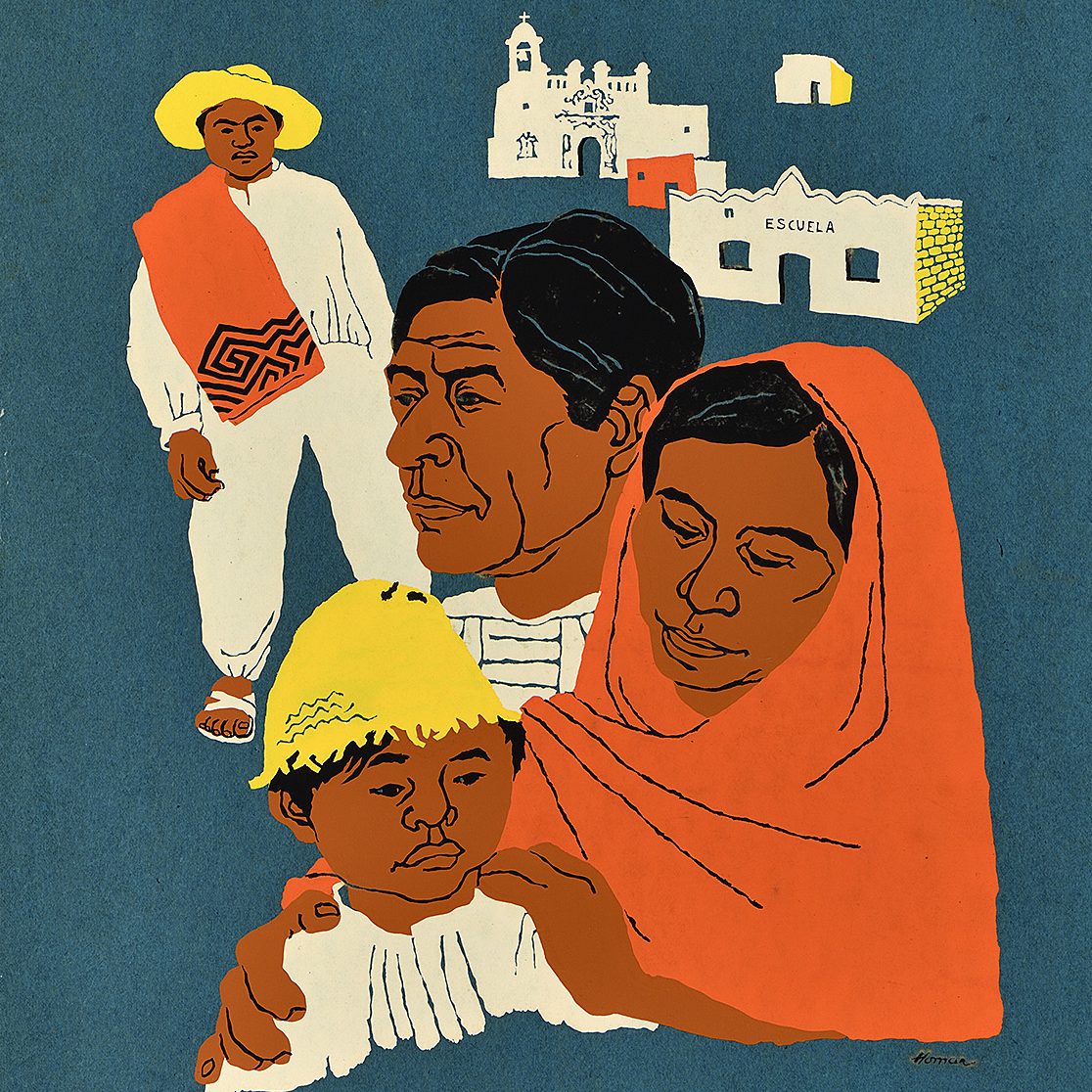
What is Latinx Design?
6–8pm
Related Events
Latin American identity has been forged over time out of shared stories of victory and struggle against oppression, as well as the resilience to move forward without forgetting the past. As such, Latinx is an inadequate term. While it can be used to find community and solidarity, it can also be othering and reduce a multitude of experiences into a monolith. Moreover, the term itself is a constant reminder of a violent process of colonization because without colonization, there is no Latinx.
As the United States celebrates National Hispanic Heritage Month, complex feelings of being proud of one’s heritage while also being tokenized come to the fore. Navigating the desire to be seen while grappling with a gaze that feels both welcoming and othering is a daily challenge.
In this panel, four self-identifying Latin American designers working in the U.S. today will share and discuss issues of being Latinx in design: how do they grapple with the concept of Latinx? How do they define Latinx design for themselves and their communities? How can we move past stereotypes reconciling the past with a pluralist future, and how can we design in comunidad?
Featured Panelists:
Juan Villanueva is a typeface designer, letterer, and educator based in New York City.
Ximena Amaya is a graphic designer from Mexico City, currently working at the HMCT out of Los Angeles.
Ramon Tejada is a Dominican York (of Dominican-American, Afro-Caribbean, and LATINX descent) designer and educator based in Providence, RI, currently teaching at RISD.
Faride Mereb is an award-winning Venezuelan book designer, researcher, and art director based in New York City.
Accessibility Note: Masks and clear masks are available free of charge at the museum. Assistive listening devices and stools are available. ASL (American Sign Language) interpretation or a CART (Communication Access Realtime Translation) is available upon request. Please contact access@posterhouse.org or (914) 295-2387 to request interpretation services and to address any other accessibility needs. For other event related questions, please contact info@posterhouse.org.
Image Credit: Pueblito de Santiago (The Forgotten Village), 1951 Lorenzo Homar (1913–2004)

